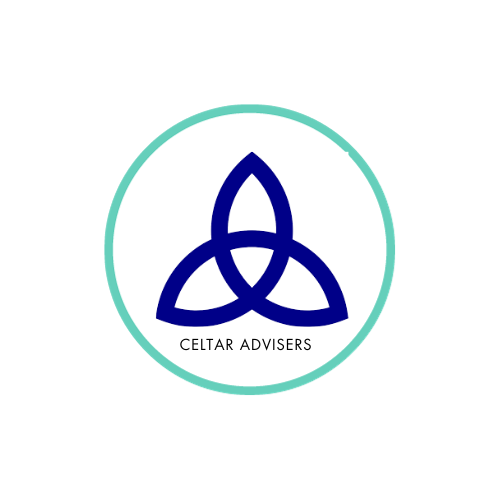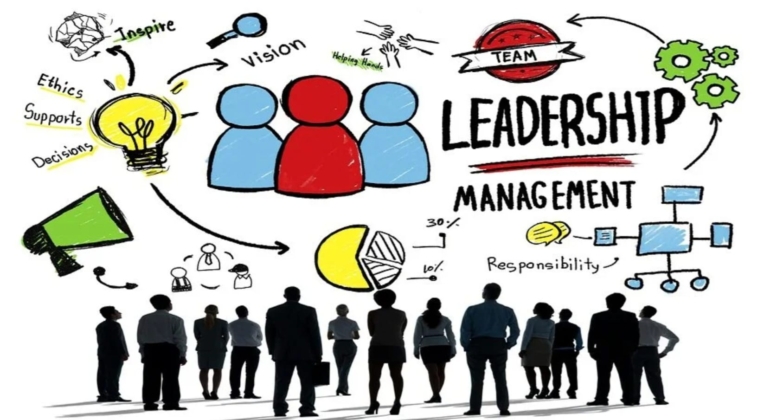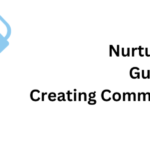Preparing For Promotion
When a Celtar client is preparing for an interview for a senior executive role, especially targeting the C-Suite, it’s crucial that they demonstrate leadership skills and capacity in a way that resonates with the expectations of that level. Here’s how they can effectively do this:
1. Highlight Strategic Vision and Decision-Making Abilities
- Example: During the interview, our client should provide examples of how they’ve contributed to shaping the long-term strategy of their current organization. They should discuss specific instances where they influenced key decisions that aligned with the company’s vision and goals.
- Tip: Use the STAR method (Situation, Task, Action, Result) to structure their answers. This will allow them to clearly articulate their strategic thought process and the impact of their decisions.
2. Showcase Cross-Functional Leadership
- Example: C-Suite roles often require collaboration across departments. Our client should discuss their experience leading cross-functional teams, resolving conflicts between departments, or spearheading initiatives that required cooperation from various parts of the organization.
- Tip: They can emphasize how they’ve built relationships with other leaders and how those relationships have contributed to organizational success.
3. Demonstrate Influence and Persuasion
- Example: C-Suite executives need to influence not only their teams but also stakeholders, board members, and sometimes external partners. They should discuss scenarios where they’ve successfully persuaded key stakeholders to adopt a new initiative or change direction, particularly when there was initial resistance.
- Tip: Emphasize the communication strategies they used and how they tailored their approach to different audiences.
4. Illustrate Change Management Expertise
- Example: Executives are often responsible for leading organisations through periods of change. Your client should highlight their experience in managing significant transformations, whether it’s implementing new technology, restructuring teams, or leading a cultural shift within the company.
- Tip: Focus on the challenges faced, how they engaged and motivated employees during the transition, and the positive outcomes achieved.
5. Show Financial Acumen
- Example: At the C-Suite level, an understanding of financials is critical. They should discuss their role in managing budgets, driving cost efficiencies, or enhancing revenue streams. They can also talk about how their initiatives have directly impacted the company’s bottom line.
- Tip: Quantify their achievements wherever possible. For instance, “Increased department efficiency by 20%, resulting in a cost saving of €500,000 annually.”
6. Emphasise Innovation and Problem-Solving
- Example: Senior leaders need to think creatively and solve complex problems. They should share examples of how they’ve driven innovation within their team or company, whether it’s through new products, processes, or market approaches.
- Tip: Discuss the risks involved, how they assessed these risks, and how the innovation benefited the company.
7. Demonstrate Emotional Intelligence and People Leadership
- Example: Highlight their ability to manage and inspire people. This includes fostering a positive culture, developing talent, and leading with empathy. They can share how they’ve handled difficult personnel situations or how they’ve contributed to improving employee engagement and satisfaction.
- Tip: It’s important to show that they are not just task-oriented but also people-oriented, with a genuine concern for their team’s well-being and development.
8. Commitment to Continuous Learning and Development
- Example: C-Suite roles require continuous adaptation and growth. They should discuss their ongoing efforts to learn new skills, stay current with industry trends, and how they apply this knowledge to drive company growth.
- Tip: Mention any advanced courses, certifications, or industry events they’ve attended to stay at the forefront of their field.
9. Prepare for Questions on Ethics and Governance
- Example: At the executive level, understanding corporate governance and ethical responsibilities is critical. They should be prepared to discuss how they’ve handled ethical dilemmas or contributed to establishing good governance practices within their organization.
- Tip: They should reflect on their personal values and how these align with ethical leadership and decision-making.
10. Practice Executive Presence
- Example: Finally, C-Suite roles require a strong executive presence. This is about how they carry themselves, communicate, and interact during the interview. They should practice confident body language, concise communication, and active listening.
- Tip: Consider working with them on mock interviews focusing on behavioral questions to ensure they convey confidence, decisiveness, and strategic thinking.
By focusing on these areas, our client can be well-prepared to demonstrate their readiness for a C-Suite role during the interview.
Billy Linehan coaches managers in organisations large and small to encourage them to reach their potential. Contact Billy today and book your online conversation for action.
For more on Leadership, see When good isn’t enough, lessons on leadership from James Cameron




